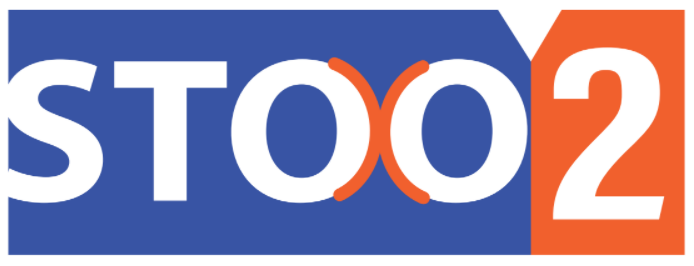| ##### **Siniša Kušić, Sofija Vrcelj, Kornelija Mrnjaus** *Sveučilište u Rijeci, Filozofski fakultet* |
| **Pedagogija, didaktika i inkluzija u odgoju i obrazovanju** | Broj rada: 5 | **Pregledni rad** |
| ##### **Sažetak** |
| Kurikul, odnosno svi njegovi aspekti, posebno je potentan za različite diskurse, što upućuje na njegovu aktualnost i složenost. Jedan je od pokazatelja složenosti nepostojanje konsenzusa oko njegova razumijevanja i definiranja, a razlozi tome mogu se pronaći u ideološkom i političkom koloriranju kurikula. Uvažavajući teorijske postavke kritičke pedagogije i značenja hermeneutike za razumijevanje pedagoške teorije i prakse, autori ukazuju na važnost objektivnog razumijevanja odluka o konkretnom oblikovanju odgojno-obrazovnih procesa s obzirom na društveno posredovane interese i ovisnosti na kojima takve odluke počivaju. Polazeći od prevladavajućega kurikulno-kompetencijskog pristupa u odgoju i obrazovanju, autori upozoravaju na važnost razumijevanja skrivenih poruka koje se očituju u vrijednosnom, ishodovnom, sadržajnom, metodičkom, medijskom i organizacijskom aspektu kurikula. Kao ostvarenje društveno-političkih projekcija kroz sve odgojno-obrazovne aspekte školskog života, kurikul producira serije iskustava koja učenike vodi k ostvarenju propisanih ciljeva i produkata, pri čemu se mogu razaznati različiti odnosi moći. Osim transparentnih poruka, u odgojno-obrazovnom procesu odašilju se i brojne druge poruke koje suptilnije utječu na stvaranje učenikovih znanja, stavova i uvjerenja bez kritičkog promišljanja. Postavlja se pitanje što djeca zapravo uče u školama, odnosno za što se obrazuju i odgajaju. |
| ***Ključne riječi*** |
| *hermeneutika; kurikulno-kompetencijski pristup; skrivene poruke* |
| [](https://hub.ufzg.hr/uploads/images/gallery/2022-10/stoo2.png) | ***2nd International Scientific and Art Faculty of Teacher Education University of Zagreb Conference*** *Contemporary Themes in Education – CTE2 - in memoriam prof. emer. dr. sc. Milan Matijević, Zagreb, Croatia* |
| ##### **What is hidden in the curriculum? – Critical pedagogy discourse** |
| ##### **Abstract** |
| The curriculum and all of its aspects are especially potent for various discourses, which indicates its topicality and complexity. One of the indicators of the complexity is a lack of consensus on its understanding and definition, and the reasons can be found in the ideological and political colouring of the curriculum. Acknowledging the theoretical assumptions of critical pedagogy and the importance of hermeneutics for understanding pedagogical theory and practice, the authors emphasize the significance of the objective understanding of decisions on the designing educational processes with regard to socially mediated interests and dependencies on which such decisions are based. Starting from the dominant curriculum-competence approach in education, the authors point to the relevance of understanding the hidden messages that are manifested in all the aspects of the curriculum; value, learning outcomes, contents, teaching methodologies, media and organization. As the realization of socio-political projections through all educational aspects of school life, the curriculum produces a series of experiences that lead pupils toward the achievement of the prescribed goals and products where different power relations can be discerned. In addition to transparent messages, the educational process sends a number of other messages that in a more subtle way affect the formation of pupils' knowledge, attitudes, and beliefs without engaging them in critical thinking. The question is what children actually learn in schools or what they are educated for? |
| ***Key words*** |
| *hermeneutics; curriculum-competence approach; hidden messages* |